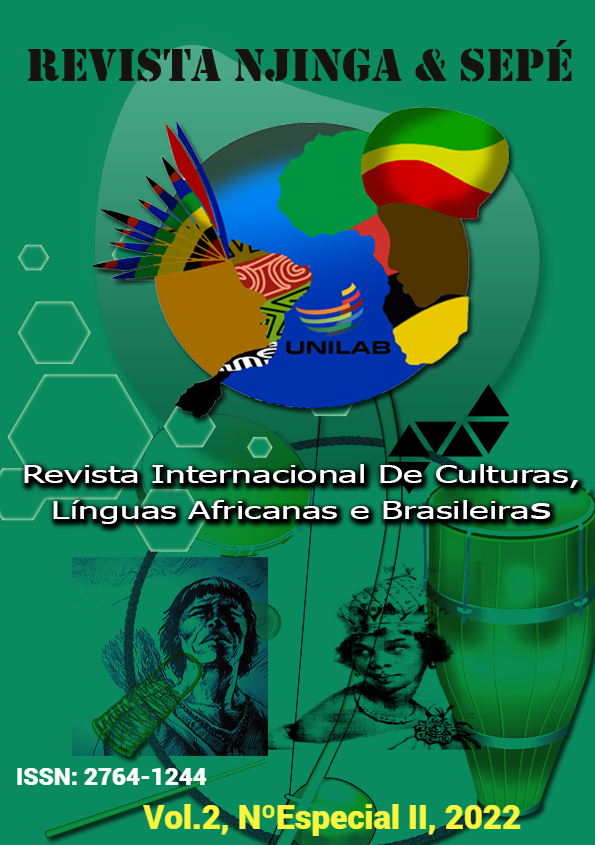Resenha Mulheres de cinzas: as areias do imperador: uma trilogia moçambicana
Abstract
Primeiro livro da trilogia As Areias do Imperador, Mulheres de cinzas é um romance histórico sobre a época em que o sul de Moçambique era governado por Ngungunyane (ou Gungunhane, como ficou conhecido pelos portugueses), o último dos líderes do Estado de Gaza - segundo maior império no continente comandado por um africano. Em fins do século XIX, o sargento português Germano de Melo foi enviado ao vilarejo de Nkokolani para a batalha contra o imperador que ameaçava o domínio colonial. Ali o militar encontra Imani, uma garota de quinze anos que aprendeu a língua dos europeus e será sua intérprete. Ela pertence à tribo dos VaChopi, uma das poucas que ousou se opor à invasão de Ngungunyane. ( Milton Hatoum)
Downloads
References
COUTO, Mia. Mulheres de cinzas: as areias do imperador: uma trilogia moçambicana, livro 1. São Paulo: Companhia das Letras, 2015.
Downloads
Published
How to Cite
Issue
Section
License
Copyright (c) 2022 NJINGA&SEPÉ: Revista Internacional de Culturas, Línguas Africanas e Brasileiras

This work is licensed under a Creative Commons Attribution-NonCommercial-NoDerivatives 4.0 International License.
Authors who publish in this journal agree to the following terms:
Authors maintain copyright and grant the journal the right to first publication, the work being simultaneously licensed under the Creative Commons Attribution License, which allows the sharing of the work with recognition of the authorship of the work and initial publication in this magazine.
Authors are authorized to assume additional contracts separately, for non-exclusive distribution of the version of the work published in this journal (eg, publishing in institutional repository or as a book chapter), with acknowledgment of authorship and initial publication in this journal.
Authors are permitted and encouraged to publish and distribute their work online (eg in institutional repositories or on their personal page) at any point before or during the editorial process, as this can generate productive changes, as well as increase impact and citation of the published work (See The Effect of Open Access).




